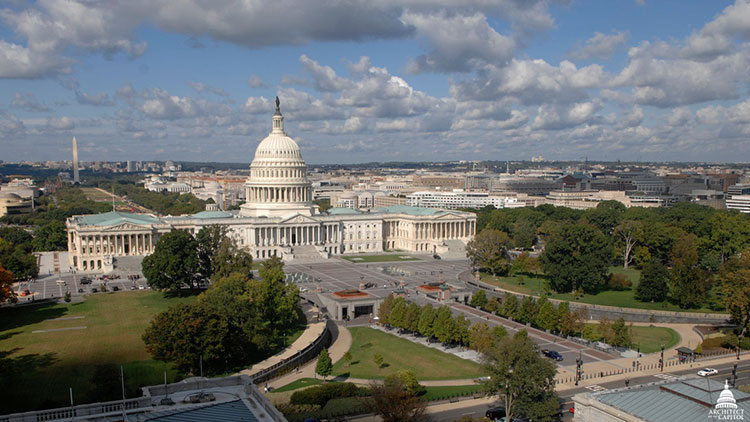Redl Commits to Internet as ‘Engine of Free Speech’

The smarter way to stay on top of broadcasting and cable industry. Sign up below
You are now subscribed
Your newsletter sign-up was successful
David Redl, President Donald Trump's nominee to head the National Telecommunications & Information Administration, promised to work with stakeholders to identify underutilized government spectrum that can be repurposed for commercial use and said U.S. interests in the multistakeholder ICANN internet body would continue to be represented 'vigorously.'
Redl's comments came during his nomination hearing in the Senate Commerce Committee last week, a hearing that was overshadowed by another Hill hearing on the same day—fired FBI director James Comey's testimony before the Senate Intelligence Committee. Redl's hearing lacked fireworks.
Redl is former senior staffer on the House Energy & Commerce committee, whose former boss, Rep. Greg Walden (R-Ore.), chair of the committee, was instrumental in the legislation to free up broadcast spectrum for commercial wireless.
Redl said a core mission of NTIA, the White House's chief telecom policy advisor as well, is to balance the need for spectrum for government to meet its needs, like protecting the country, with the need for added commercial spectrum. He said he was committed to working with the FCC to prioritize 5G.
Redl said his experience was in looking for bipartisan solutions to telecom issues and "focusing on things we could agree on."
He said he would commit to some things he hoped would find similar bipartisan agreement: (1) balance the government's need for spectrum with that of both licensed and unlicensed spectrum users; (2) try to improve access to broadband for all Americans; (3) work to advance the digital economy; and (4) work to advance the internet as an engine of free speech, the free market and economic opportunity.
Asked by Commerce chair Sen. John Thune (R-S.D.) how he would balance those, Redl said NTIA had a process in place, including a policy and planning group he hoped to work with, as well as the Interdepartment Radio Advisory Committee (ARAC), to try to find synergies and efficiencies.
The smarter way to stay on top of broadcasting and cable industry. Sign up below
Redl was asked by Sen. Ted Cruz (R-Texas) whether he thought the Obama Administration's decision to allow the contract for domain naming and numbering conventions oversight to lapse in the interests of migrating it to a multistakeholder model was a "wise and prudent" one.
Redl cited the debate but said the reality is "this is the situation we are in." Walden and other Republicans had concerns that the multistakeholder model was an opportunity for some bad actors to get new power over the internet.
Redl said the administration supports the multistakeholder model but said he also would be a vigorous representative of the U.S. before ICANN.
Cruz was not satisfied, asking the question again about the wisdom and prudence of the administration finding itself in the position it was in thanks to the last administration. Redl said that once the decision was made to move to that model and end the contract, it would have been hard to "put the genie back in the bottle."
He said he had tried to protect the U.S. interest throughout that process, and that given the changes made to the accountability process, the country was in a position to protect those interests.
Asked about broadband infrastructure in rural areas, Redl committed to allocating capital "efficiently."
Redl likely didn't hurt his chances of a warm welcome at his new digs by telling the senators that NTIA staffers were the "unsung heroes" of the digital economy.
Contributing editor John Eggerton has been an editor and/or writer on media regulation, legislation and policy for over four decades, including covering the FCC, FTC, Congress, the major media trade associations, and the federal courts. In addition to Multichannel News and Broadcasting + Cable, his work has appeared in Radio World, TV Technology, TV Fax, This Week in Consumer Electronics, Variety and the Encyclopedia Britannica.

